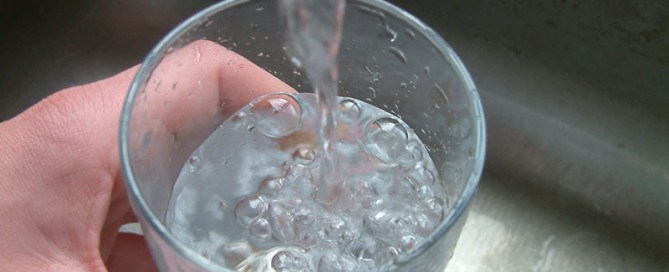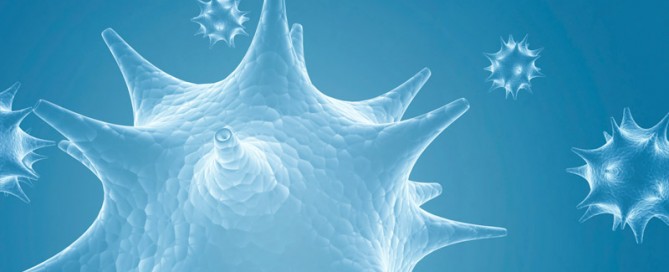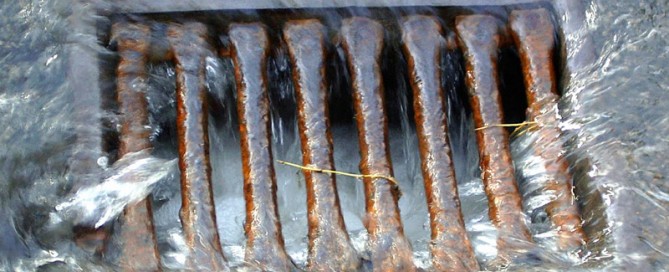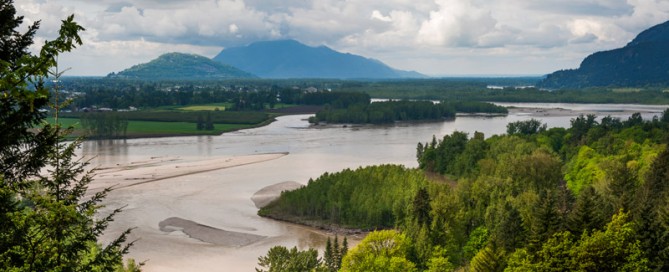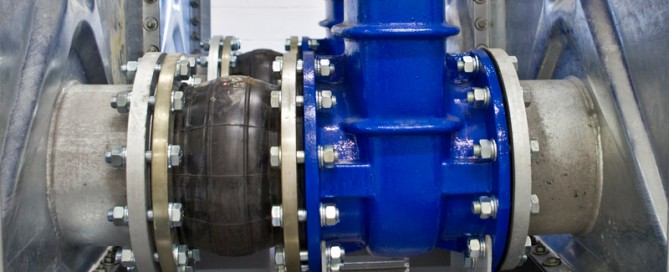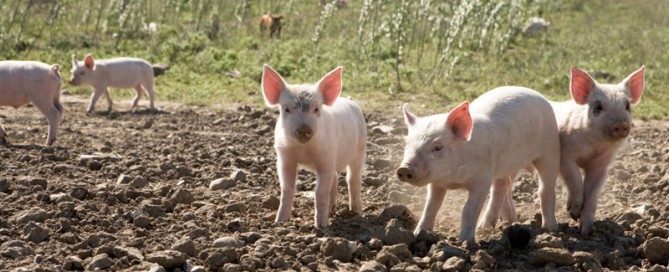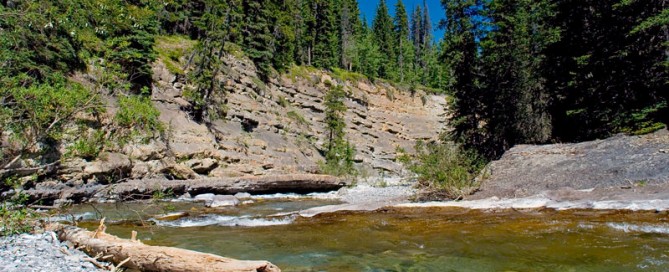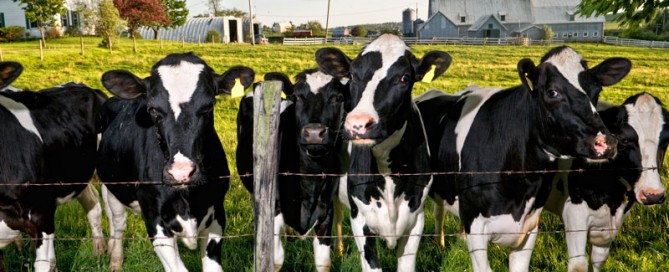Establishing an Interdisciplinary Network and the Study of Watershed and Communicable Disease Events
This innovative research project sought to address microbial contamination of surface source drinking water by focusing on the cause of waterborne outbreaks of microbial contaminants using a “Watershed-to-Tap” framework. Novel methods allowed the researchers to assess community health and watershed events in real-time.


